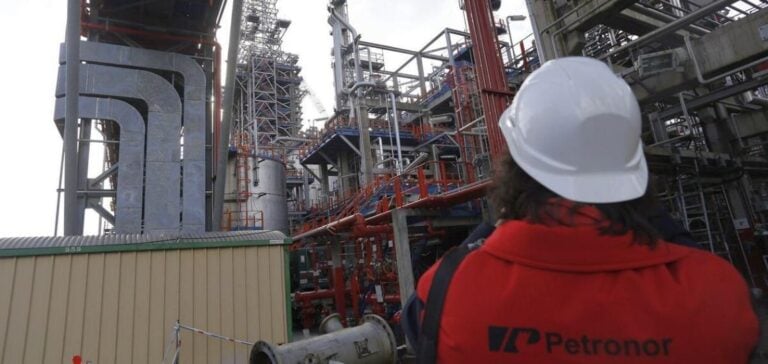The fourth quarter of 2024 marked a significant milestone in the Congolese oil sector. PetroNor, a Norwegian player specializing in oil exploration and production, completed a sale of 881,192 barrels of crude oil from the offshore Pointe Noire Grand Fond (PNGF) Sud block.
A major transaction for PetroNor
At an average price of $72.8 per barrel, this operation generated $64 million in revenue for the company. This sale, described as “the largest lifting in the company’s history” by PetroNor, underscores the performance of its activities on this strategic site. An additional surplus of 450,000 barrels is also expected to support continuous production during the first half of 2025.
Optimized production and management
The average net production of the PNGF Sud block reached 4,770 barrels per day (b/d) during the same period, showing a slight decrease compared to the previous quarter (4,778 b/d). This stability is the result of rigorous infrastructure management and a successful well reconditioning campaign, offering prospects of increasing volumes through new infill drilling operations.
Economic and fiscal impact for Congo
The sale conducted by PetroNor is expected to positively contribute to Congo’s fiscal revenues. With oil revenues estimated at $1.66 billion for 2025, the oil sector remains a crucial economic pillar for the country. This transaction also illustrates the central role of foreign investors in the exploitation of local oil resources.






















